Keywords: Chris Johnston
There are more than 200 results, only the first 200 are displayed here.
-
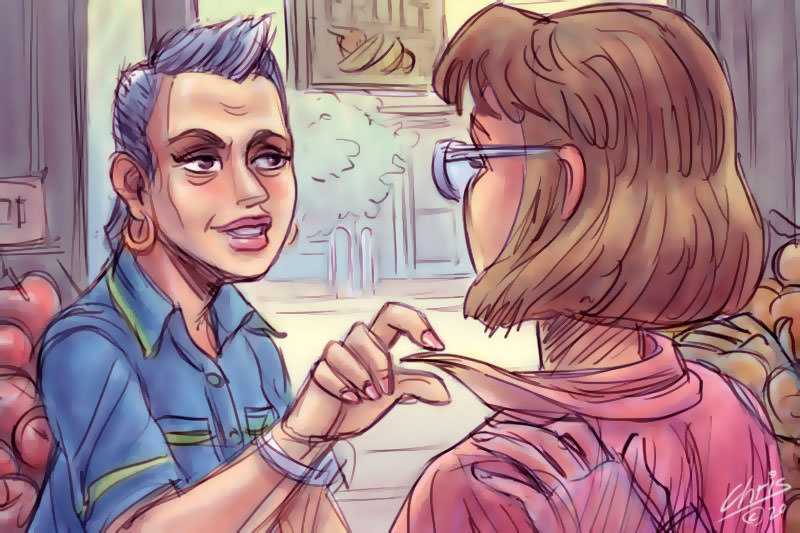
ARTS AND CULTURE
In the week following my mother’s funeral I wake up knowing I need to begin cooking again. I need to enter the world beyond my door. It takes me until lunchtime to coax myself out from under the doona. I will walk up to the local shops for bread and vegetables.
READ MORE 
-

ARTS AND CULTURE
- Gillian Bouras
- 04 May 2020
15 Comments
What turned out to be extraordinary was the familiarity of the subject matter, and the routines that Camus makes the authorities of the plague-ridden Algerian town Oran put in place: the quarantine, the isolation hospitals, the attempts to develop a vaccine, the volunteer health workers, and the way in which funerals were conducted in haste.
READ MORE 
-
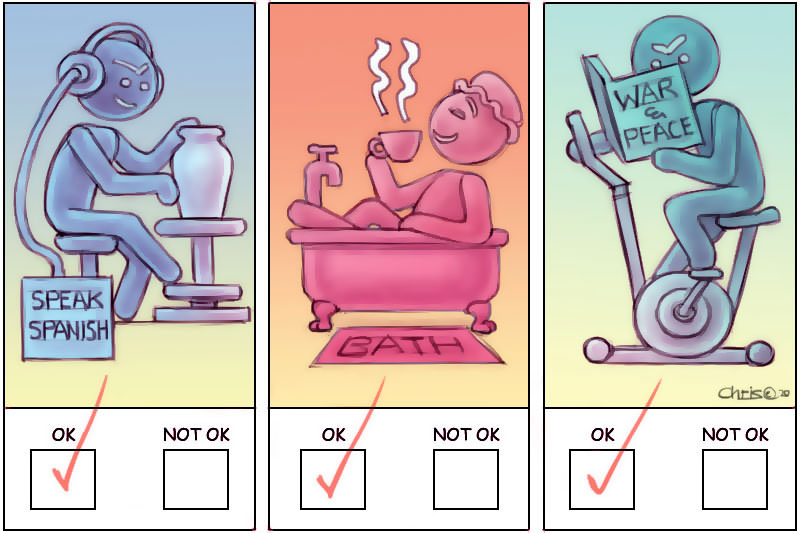
AUSTRALIA
- Marnie Vinall
- 27 April 2020
2 Comments
The notion that we’re stronger together and we all just need to be kind to each other is reinforced by our leaders, from celebrities and public figures, and broadcast widely across social media. Yet something is missing from this encouraging messaging set to keep our spirits up and that’s the need to offer kindness within, too.
READ MORE 
-
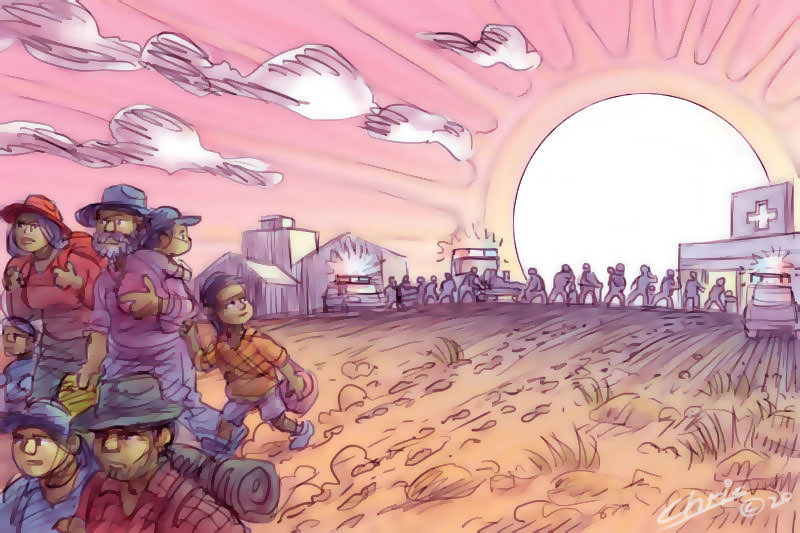
ARTS AND CULTURE
- Brian Obiri-Asare
- 22 April 2020
6 Comments
At the brink of dawn swelling with the cries of the pinkest of pink galahs, the sweltering Tennant Creek, thirsty with soul, stranded in the heart of the heart of the country.
READ MORE 
-
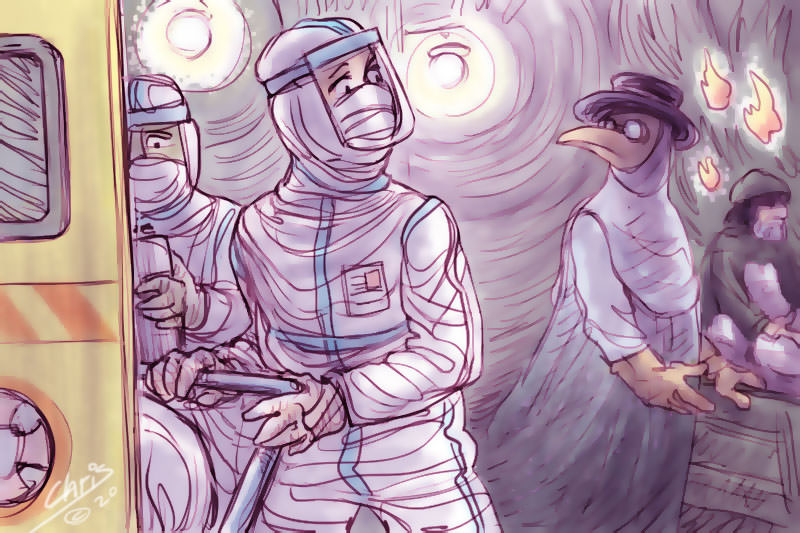
ARTS AND CULTURE
- Tim Robertson
- 17 April 2020
9 Comments
I can’t be the only one who has, in recent weeks, found myself reaching for my dog-eared copy of Daniel Defoe’s A Journal of the Plague Year, a fictional re-telling of the 1665 great plague of London.
READ MORE 
-
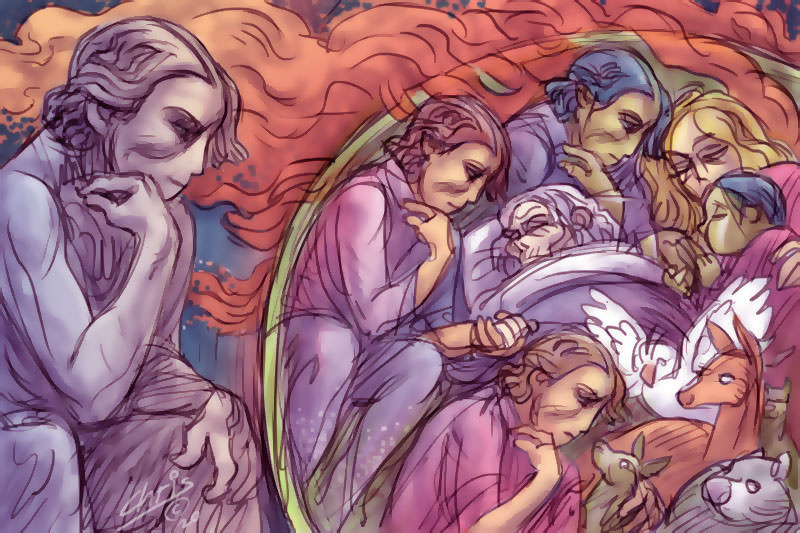
ARTS AND CULTURE
- Julie Perrin
- 06 April 2020
4 Comments
While I stay by my mother, I glean only the edges of the news; already the horror of the fires has been at full stretch. In the quiet room where my mother lies, I think of people trying to sleep in unfamiliar environments, refugees from the fires.
READ MORE 
-
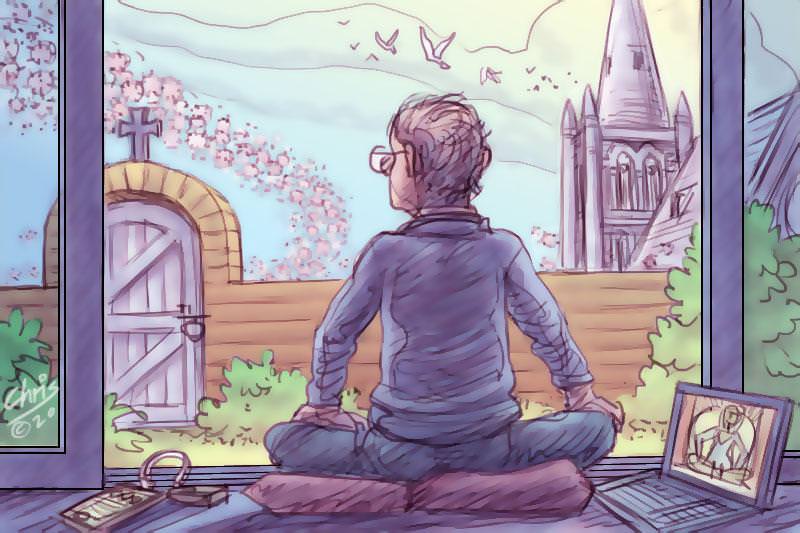
ARTS AND CULTURE
- Robert Whalley
- 30 March 2020
4 Comments
All this is pleasant and unremarkable, except that we were just briefly discussing which future events are likely cancelled in light of the announced pandemic. It’s an unexpected morning topic for conversation before coffee. But it’s appropriate with the increasing concerns on flattening the curve of contagion, illness, infections, acute complications and death.
READ MORE 
-
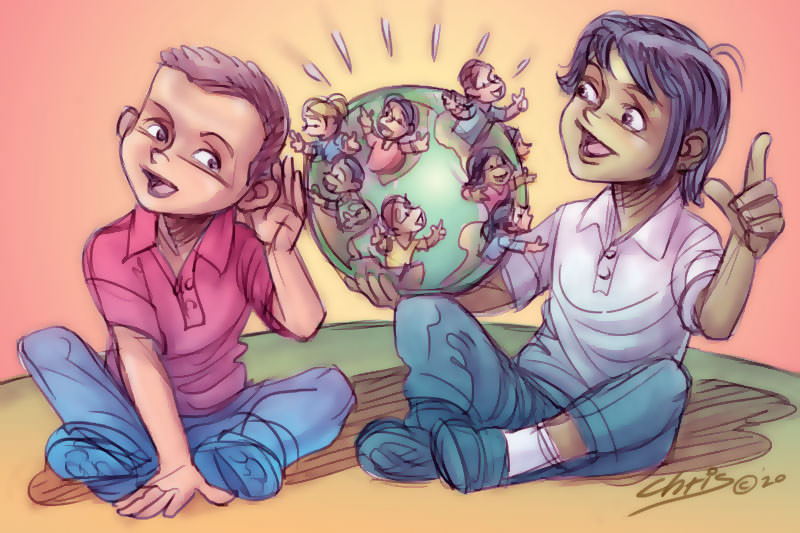
ARTS AND CULTURE
- Gillian Bouras
- 22 March 2020
15 Comments
I have been bemused to read the result of a recent poll taken in Britain. It suggests that 26 per cent of people feel ‘uncomfortable’ when hearing foreign languages spoken. Me, I feel envious, simply wishing that I was more of a linguist.
READ MORE 
-

ARTS AND CULTURE
- Deborah Singerman
- 15 March 2020
2 Comments
I still mainly look back. The bushfire legacy lives on. It acts as a benchmark for assessing tragedy and hope. I cannot get the searing images out of my head of red, angry skies, of flames raging frighteningly, embers flying, and firefighters miraculously persevering against the odds.
READ MORE 
-

ARTS AND CULTURE
- Katherine Richardson
- 09 March 2020
5 Comments
I have always been a very black or white person, and it’s taken me a long time to allow myself to see the shades of grey that so often permeate our lives. Thinking of managing my mental health all the time felt like such a foreign concept to me at first.
READ MORE 
-

AUSTRALIA
- Marnie Vinall
- 02 March 2020
17 Comments
Was I a settler? What did it mean to be a settler? I began asking my non-Indigenous friends around me what their thoughts were on the matter: did they identify as settlers? Some reacted with intrigue and were open to discussing it with me, and others reacted with strong distaste. ‘No’, they would say, ‘I just don’t like the word — it doesn’t describe who I am’.
READ MORE 
-
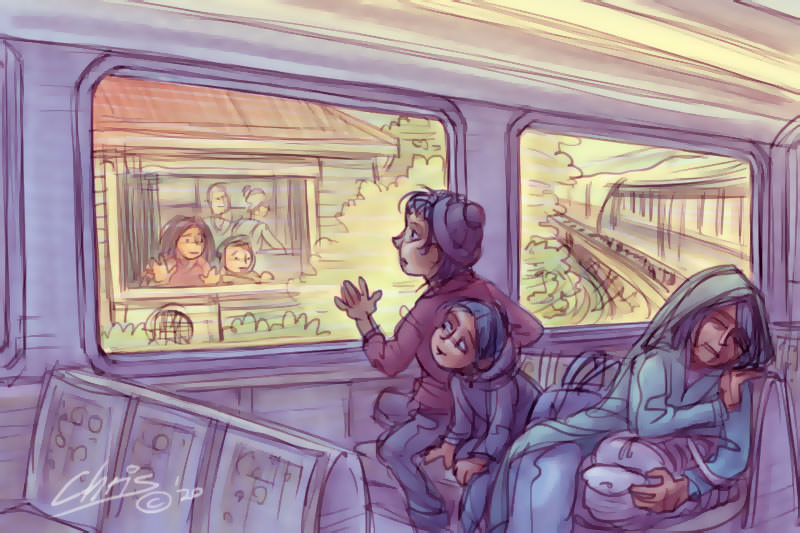
ENVIRONMENT
- Andrew Jackson
- 21 February 2020
6 Comments
As the bushfires raged and air quality worsened, we were constantly told to stay indoors, keep cool and be alert for emergency orders on our phones. But with each public service announcement, we continued to leave some of our most vulnerable behind.
READ MORE 